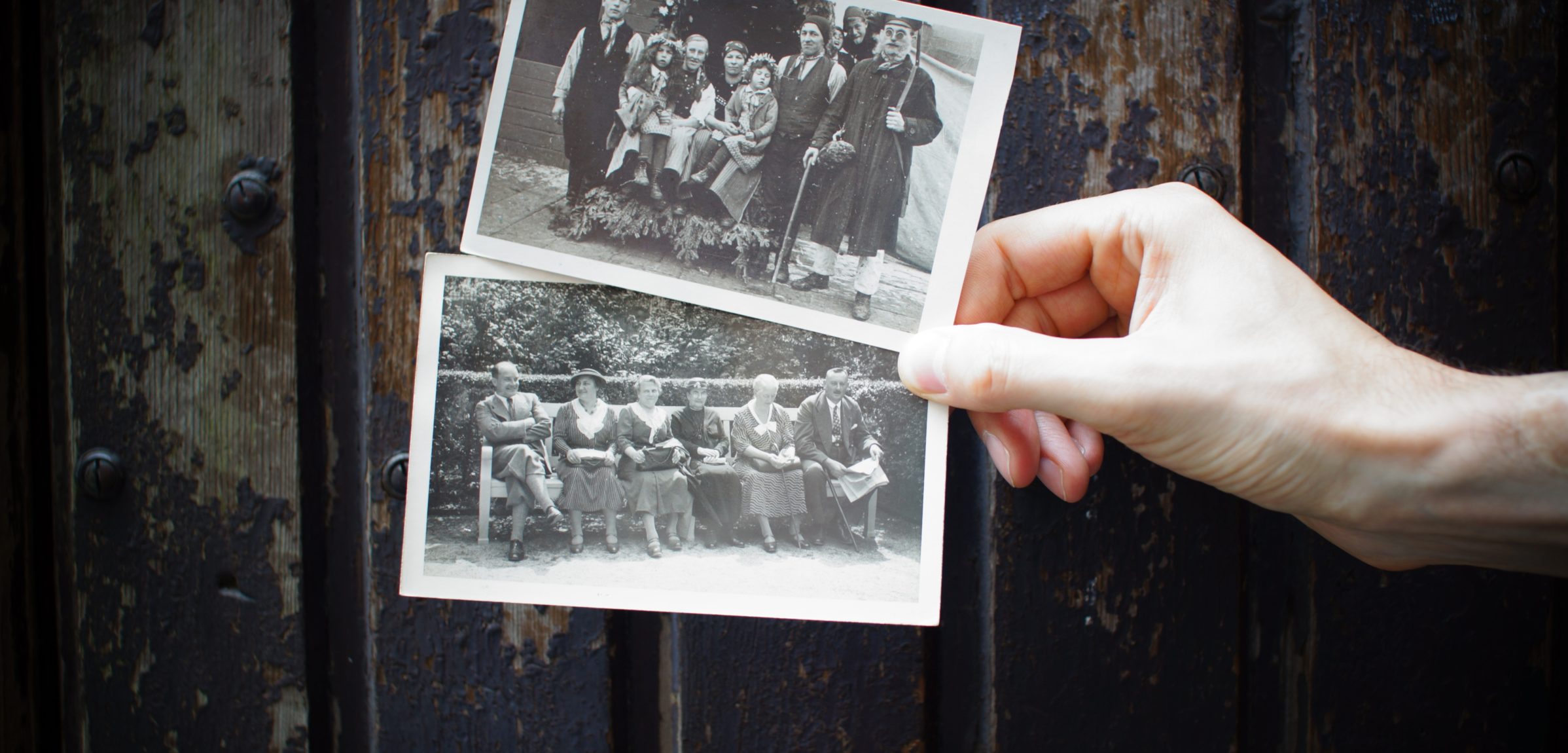No matter how strong or influential we think we may be, our kindergarten class pictures can show us otherwise. When we look at the image of ourselves as that young boy or girl, we can almost immediately feel all the fears and insecurities of that time. If we’re honest, we will also admit that we are, in many ways, still that same person, still protecting ourselves from being hurt. That sense of vulnerability leaves us with conflicted feelings about ourselves, and thus about children, who remind us of where we started and where we must end up. On the one hand, vulnerability is exactly why most people love babies, whether human or animal. We may admire a tiger marching back and forth in its cage at a zoo, but the tiger cub will draw a crowd for a different reason, usually with several people sighing, “He’s so cute!” For the same reason, advertisers will use images of babies and toddlers for scenes for which they would never think of featuring adults. The babies are non-threatening. They cannot hurt us, at least not in that way. Ironically enough, it is this same vulnerability that makes children so scary. They cannot hurt us physically, but they can be hurt by us. And we know that, sooner or later, they could break our hearts.
Moreover, in a fallen world in which human beings, like animals, seek to protect ourselves from one another with displays of strength and aggression, small children seem oddly out of sync. Their vulnerability and dependence are thus used as a weapon to marginalize them, to make them invisible, when we do not want to see them. Children at their most vulnerable, in the womb of their mothers, are made much of when they are deemed to be “wanted.” When they are deemed to be intrusive, they are made invisible by the use of clinical language such as “embryo” or “fetus” or “product of conception,” in order to make violence against them more palatable to the conscience. The children of refugees and immigrants are likewise made invisible by language—often presented culturally or politically as parasites or as “anchors” for their parents to draw welfare benefits from a wealthier country. No matter how civilized we may believe ourselves to be, we can see what happens when a child happens to be in the category of both unpopular and defenseless, and the results are tragic. The way of the cross is different.
Unfortunately, we will never create a true culture of welcoming children if we do not upend the priorities of our churches when it comes to power. Why is the church so constantly drawn to economic and political power? This is not only the case for the highest levels of the church—whether medieval popes or contemporary culture warriors—but also shows up in local assemblies. We are drawn to the conversion testimonies of celebrity athletes or beauty contestants or reality television stars because they bring a sense of weight and influence, on their own terms—a weight and influence they are, in our view, lending to the gospel. In how many congregations are decisions made on the basis of spoken or unspoken decisions about who gives the most money and who might, if he or she were rankled, withhold that money? In such situations, we can see where our true religion is, and it is summed up in the dollar sign of Mammon not in the cross beam of Jesus. The same principle is at work sometimes in the “excellence” with which we run our worship services, as though the outside world needs to see our inability to fumble. When the church prioritizes power, influence, access, expertise, invulnerability, how on earth can we see ourselves as little children? If all of our illusions were put away, and if we were to see where we are on the scale of the trillions of years in front of us, we would see that we are, in fact, embryos and fetuses in the kingdom of God. We are able to be hurt, but hemmed in all around by the protective embrace of our God. When we see children—whether those the world considers “impressive” or the ones the world considers “defective”—we do not see their “potential,” as though their lives will matter when they are grown and “contributing to society.” We can see instead our own potential—if we would put aside our vain pretensions to superiority over others, to self-confidence and expertise, and to simply hold out our hands and cry, “Abba, Father!” We must crucify our lust for power. Our Father doesn’t love us because of what we might do, nor does he need us in order to accomplish his will, but he does want us to reach for him, as desperate and dependent children.
This is an excerpt from my latest book, The Storm-Tossed Family: How the Cross Reshapes the Home (B&H Books 2018).








